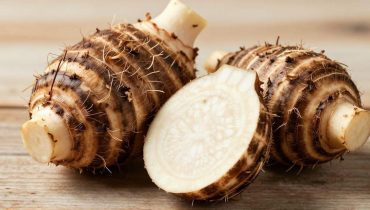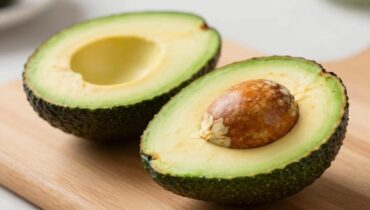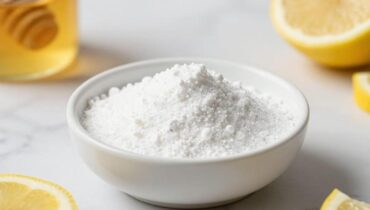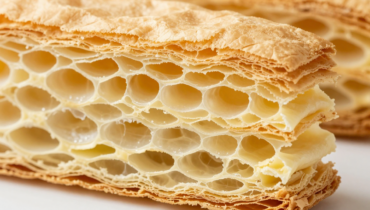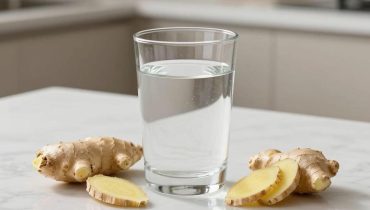📌 This Simple Kitchen Ingredient Could Be Your Secret Weapon Against Garden Ants
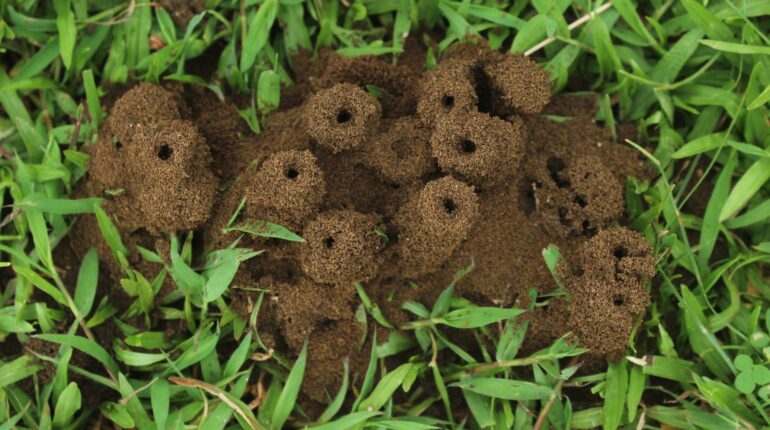
Posted 28 July 2025 by: Admin
Image d’illustration © TopTenPlay EN
The Natural Ant Control Solution: Orange Oil And Molasses Recipe
When garden ants disrupt your carefully cultivated space, this powerful organic deterrent offers an immediate, eco-friendly solution that requires just three common ingredients. The orange oil and molasses hack transforms simple household items into a proven ant control system that works within 24 hours.
Creating this natural deterrent requires orange oil, molasses, and liquid castile soap. You’ll need one empty quart bottle and a kettle filled with hot water to complete the preparation process.
The recipe is straightforward yet precise. Pour 5 ounces of molasses into your plastic bottle, then dilute with 7 ounces of hot water from the kettle. Add 10 ounces each of orange oil and castile soap to the diluted molasses mixture. Seal the bottle with a cap to preserve the solution’s potency until application.
Application targets ant gathering areas and nest vicinities for maximum effectiveness. Pour a generous amount directly onto affected areas, ensuring the solution disperses evenly and soaks the soil thoroughly. The key lies in saturation – ants must encounter the solution to trigger their relocation response.
For optimal results, allow the mixture to penetrate for at least 24 hours before assessing effectiveness. Most infestations require a second application to achieve complete control, particularly for established colonies with deep root systems.
This quarter-batch recipe provides sufficient coverage for typical garden ant problems while remaining cost-effective compared to commercial alternatives. The ingredients work synergistically to create an environment ants instinctively avoid.
Image d’illustration © TopTenPlay EN
Why Ants Invade Gardens And When They Become Problematic
While effective solutions exist for ant control, understanding why these insects establish colonies in garden spaces reveals the complexity behind seemingly simple infestations. Gardens provide an irresistible combination of resources that meet ants’ fundamental survival needs.
Food abundance drives primary invasion patterns. Decomposing plant materials, scattered seeds, and honeydew secreted by insects create a continuous buffet that sustains entire colonies. Gardens essentially function as open-air restaurants where organic matter constantly replenishes feeding opportunities.
Beyond nutrition, gardens offer ideal habitat conditions that commercial pesticides often overlook. Moisture retention in soil, combined with numerous spaces between plants and root systems, creates perfect nesting environments. These conditions mirror ants’ natural preferences for protected, humid locations with easy tunnel construction possibilities.
The transformation from beneficial presence to garden threat occurs when ants establish symbiotic relationships with harmful pests. Their partnership with aphids represents the most problematic scenario – ants protect aphid colonies in exchange for honeydew, effectively farming these plant-damaging insects. This relationship amplifies pest problems exponentially.
Direct plant damage compounds the issue when ants disturb root systems during nest construction or harvest seeds before germination. Cultivated plants become casualties of territorial expansion as colonies grow beneath garden beds.
Recognizing these invasion patterns explains why surface treatments often fail while targeted solutions like the orange oil mixture succeed. Ants don’t randomly appear – they respond to specific environmental cues that gardens inadvertently provide.
Image d’illustration © TopTenPlay EN
The Science Behind The Orange Oil And Molasses Method
Understanding these environmental responses reveals precisely why the orange oil and molasses solution targets ants so effectively. Each ingredient disrupts fundamental survival mechanisms that colonies depend upon for navigation and protection.
Orange oil delivers the primary deterrent effect by interfering with scent trail communication systems. Ants rely on pheromone pathways to coordinate foraging activities and guide colony members to food sources. When orange oil molecules saturate these chemical highways, the disruption creates navigational chaos that forces scouts to abandon established routes.
Molasses operates through a more sophisticated mechanism. While initially serving as bait to attract ants, the sugar content triggers rapid microbial bloom in surrounding soil. This bacterial explosion fundamentally alters the soil environment, creating conditions that many ant species find inhospitable. The microbial activity essentially transforms their preferred habitat into an uncomfortable zone.
Castile soap provides the lethal component through dual action. Its surfactant properties destroy the protective waxy cuticle coating that prevents ants from desiccation. Simultaneously, soap residues continue disrupting scent trails long after initial application, maintaining the navigational interference that orange oil initiates.
The combined assault on multiple survival systems – navigation, habitat comfort, and physical protection – overwhelms ant colonies’ adaptive capabilities. Rather than attempting to fight these simultaneous disruptions, colonies typically relocate to unaffected areas where their survival mechanisms function normally.
This multi-target approach explains the solution’s effectiveness compared to single-ingredient deterrents that address only one vulnerability.
Image d’illustration © TopTenPlay EN
Organic Pest Control Benefits And Garden Ecosystem Balance
This targeted effectiveness positions organic solutions like orange oil and molasses as superior alternatives to synthetic chemical treatments that often create broader environmental disruption.
Unlike conventional pesticides that persist in soil and water systems for months, organic ant deterrents decompose rapidly, typically breaking down within days of application. This accelerated degradation prevents the accumulation of toxic residues that contaminate groundwater and harm beneficial soil microorganisms essential for plant health.
The non-toxic nature of natural ingredients protects garden biodiversity by preserving beneficial insects crucial for pollination and natural pest control. Synthetic chemicals frequently eliminate beneficial species alongside target pests, disrupting the delicate balance that maintains healthy garden ecosystems. Organic alternatives allow ladybugs, ground beetles, and other beneficial predators to continue their pest management roles uninterrupted.
Moreover, ants themselves contribute significantly to garden health when populations remain balanced. These insects function as natural soil engineers, creating tunnels that improve drainage and aeration while accelerating decomposition of organic matter. Their scavenging activities remove dead insects and plant debris, preventing disease buildup that could affect cultivated plants.
The orange oil and molasses method respects this ecological complexity by relocating rather than eliminating ant colonies. This approach maintains the beneficial aspects of ant presence while protecting vulnerable plants from potential damage.
Sustainable gardening requires understanding that effective pest control means managing populations rather than pursuing complete eradication, preserving the interconnected relationships that support thriving garden ecosystems.


